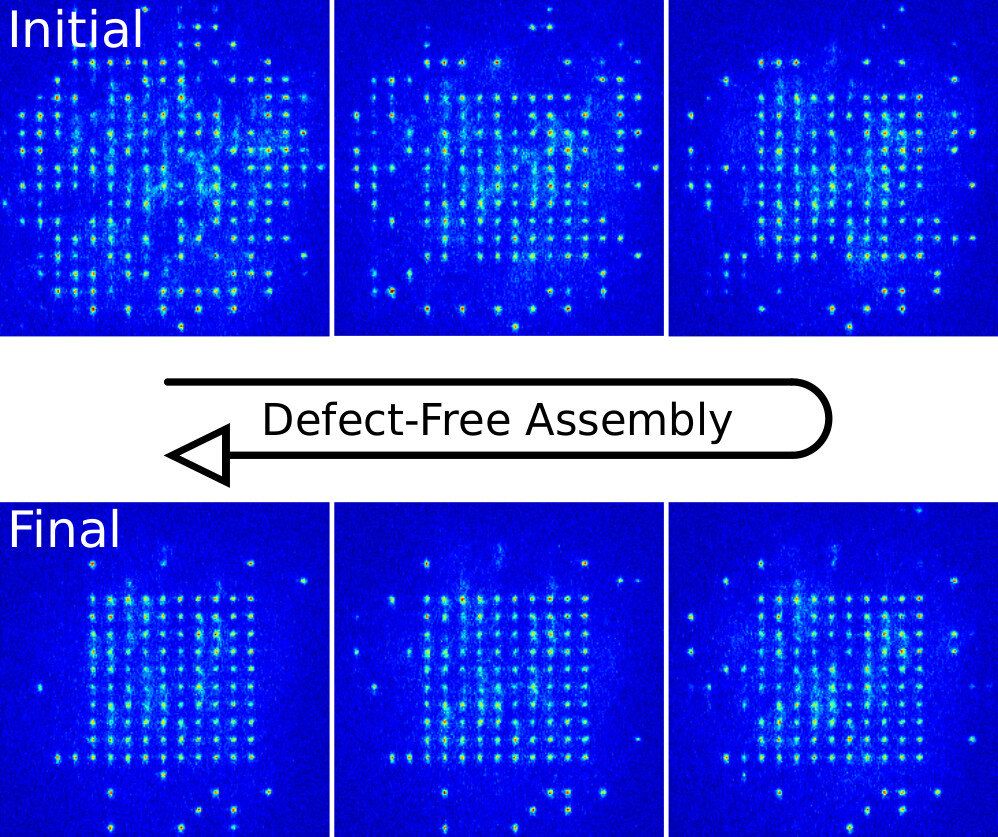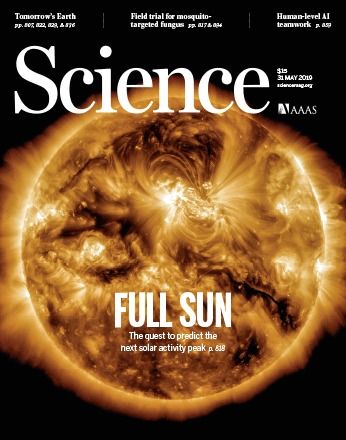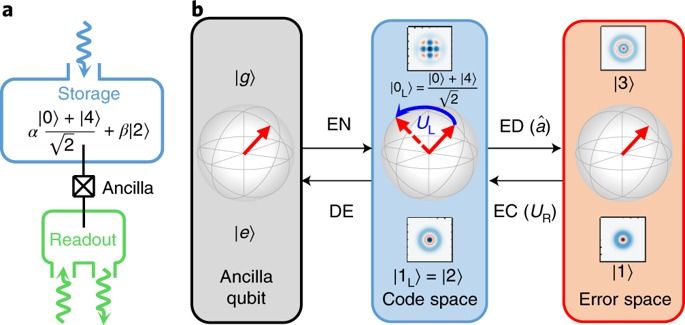
Researchers at Technische Universität Darmstadt have recently demonstrated the defect-free assembly of versatile target patterns of up to 111 single-atom quantum systems. Their findings, outlined in a paper published in Physical Review Letters, could drive assembled-atom architectures beyond the threshold of quantum advantage, paving the way for new breakthroughs in quantum science and technology.
“Our research is driven by the observation that physical sciences are right in the middle of a paradigm shift in which the application of quantum physics, i.e. quantum technologies, are becoming the leading technologies in the near future,” Gerhard Birkl, one of the researchers who carried out the study, told Phys.org. “A vast list of applications are already foreseeable but I am convinced that of most applications we are not even aware of.”
The next step for the field of quantum science and technology is the development of experimental platforms that offer extensive scalability, multisite quantum correlations and efficient quantum error correction. Over the past century or so, researchers have carried out a substantial amount of work on single quantum systems, laying the foundations for current developments. Atomic quantum systems have played a key role in these studies, particularly neutral atoms trapped by light, as they provide well-isolated quantum systems with favorable scaling.
Continue reading “The defect-free assembly of 2-D clusters with over 100 single-atom quantum systems” »














